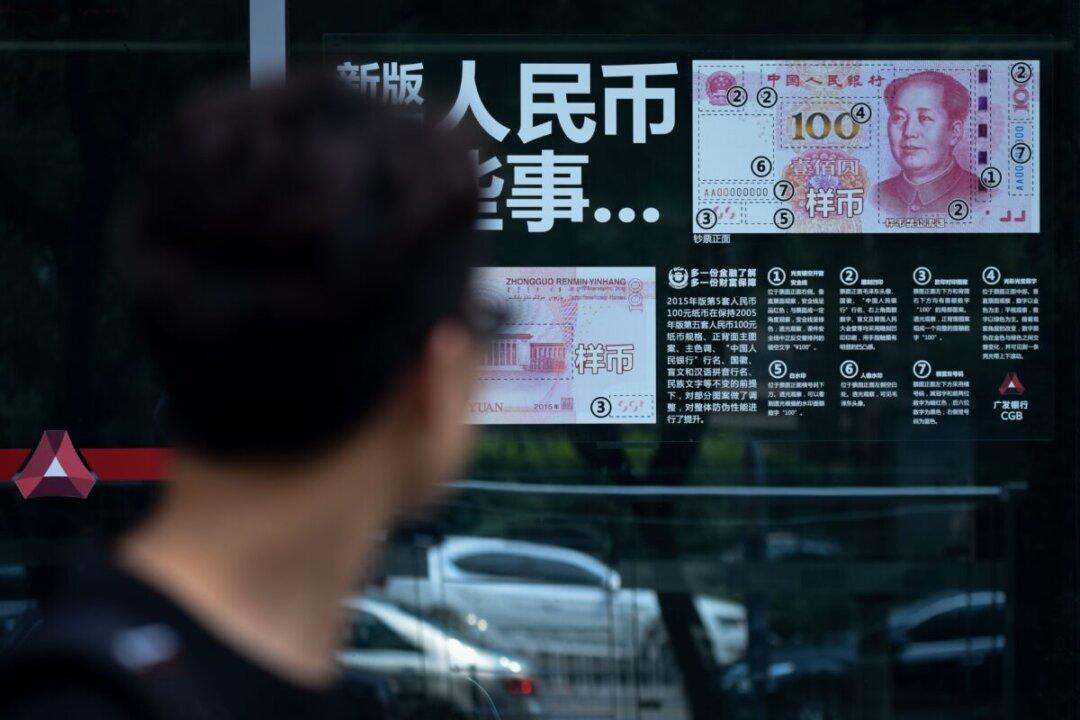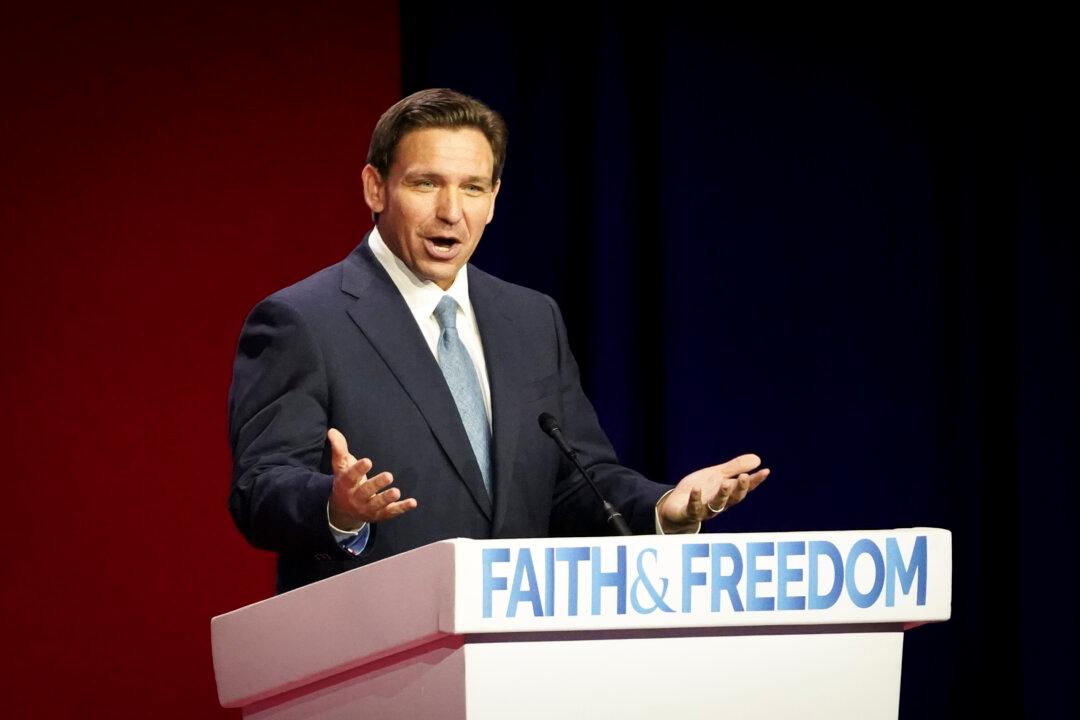Since China opened its doors in the 1980s, the ruling Communist Party has been scrambling to grab resources worldwide and amass tremendous foreign exchange reserves by turning China into a global factory. However, the Western sanctions against Russia for its invasion of Ukraine put the Chinese Communist Party (CCP) on alert that its staggering wealth abroad could be frozen overnight.
China’s Ministry of Finance and the Central Bank Governors convened on April 22 for an urgent internal conference that included dozens of top executives of both domestic and international banks, to discuss how to protect the regime’s assets from U.S. sanctions similar to those imposed on Russia, reported the Financial Times on April 30.





